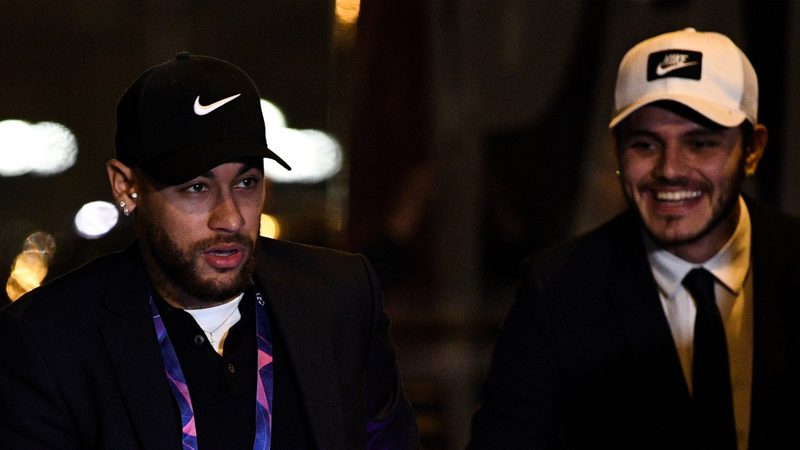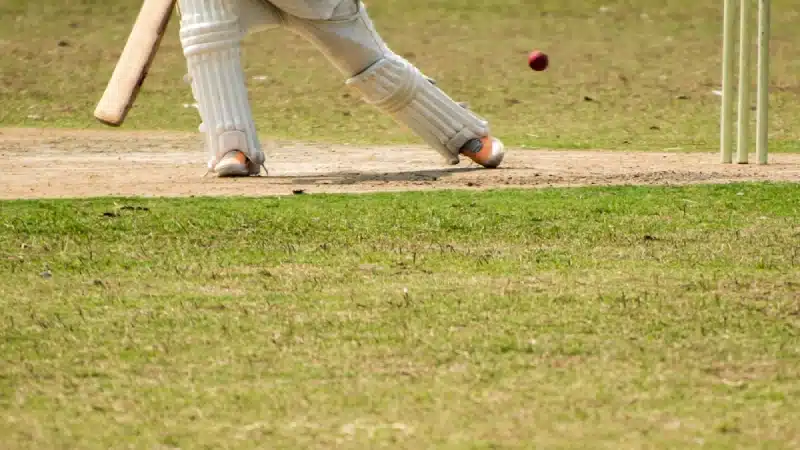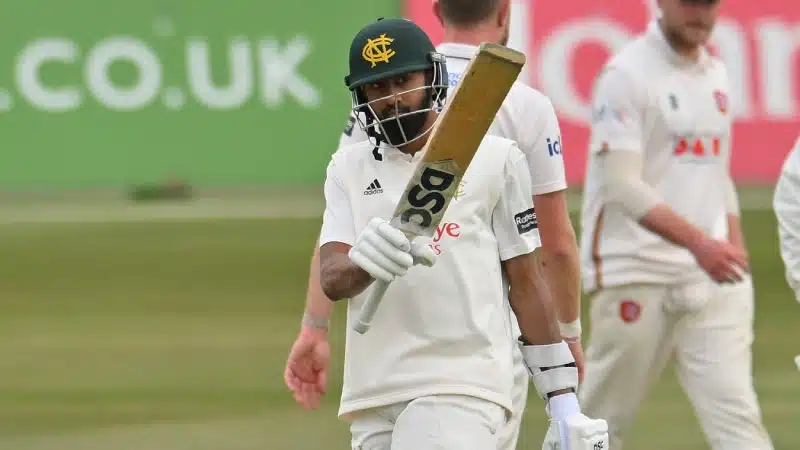
The global pandemic has brought sport across the globe to a grinding halt and left the football industry in disarray.
Due to the lockdowns in place, all major competitions have been suspended and postponed, pretty much throwing the fixtures calendar and the entire scheduling framework out of the window. There has been no footballing action in any of Europe’s big leagues for nearly two months now, and with the prevalent conditions, a return anytime soon is unlikely.
The financial impact of this move has been far-reaching. Clubs, small and big alike, have had to face losses already, which will only worsen with time.
It is well known that gate receipts are one of the major sources of revenue for football clubs, but with matches being suspended, the clubs have been hit hard. So, while the prospect of playing matches behind closed doors on the cards, things are unlikely to improve immediately on this front.
Hospitality is another key revenue stream that has been affected by the situation, while merchandise sales are also expected to have gone down, leading to a difficult position for clubs. Teams have been forced to put non-playing staff on furlough while enforcing wage-cuts on their players.
A recent report from The Mirror has claimed that a Premier League club is losing a staggering £9 million a week. This is due to player wages being paid in full as no salary deduction has been agreed across clubs in England, while teams continue to lose on matchday revenue.
With such a drastic impact on the finances, it is natural that clubs’ spending power in the transfer market will be hampered to a large extent.
Transfer window
First and foremost, it remains unclear as to when the summer transfer window will open. Generally, the window for signing players usually opens in July (June in case of the Premier League) and closes at the end of August.
Read | Premier League's transfer market bubble set to burst
But with the 2019/20 season postponed indefinitely, this would affect the timing of the transfer window as well. In case the current campaign extends to July/August, in order to maintain the integrity of the competitions, it is necessary for the current squads to kept intact, meaning no new additions take place nor any exits happen.
So, there is a strong likelihood that the transfer window will be pushed from its current schedule.
Another possibility that FIFA is considering is to keep the window open till as far as January.
Scouting operations
With lockdown in place and no matches currently ongoing, many clubs have decided to put all their scouting operations on hold. In this age where all data and videos pertaining to a player can be accessed on a computer, clubs still rely heavily on personal scouting.
While most recruitment plans will have been sketched out by this point of time, with targets identified and scouted, data collected and analysed, the live scouting aspect weighs in heavily in the final decision-making process for a club.
With no matches going on, and the likelihood of no spectators being allowed when football does resume, and with travel becoming increasingly difficult, for clubs to scout players properly to improve their squads will pose a challenge.
International scouting, in particular, has become a major issue. It is well known that clubs across Europe have vast scouting networks in South American regions to scour top talent, but all such operations are likely to take a major hit now.
Player valuations
Ever since Neymar’s move to Paris Saint-Germain broke all sorts of records, transfer fees over the €100 million mark have become somewhat of a norm. Ousmane Dembele, Kylian Mbappe, Antoine Griezmann, Cristiano Ronaldo are a few names that have fetched fees in excess of the aforementioned figure, while the transfer fees, in general, have increased drastically.
However, all that could be set to change in the aftermath of the crisis.
According to a study by the CIES Football Observatory, the total market value of players in the 'Big Five' leagues of Europe will suffer a drop of 28 percent, from €32.7 billion to €23.4 billion, if no more matches are played this season and contracts set to expire in June are not renewed.
Transfer industry experts Transfermarkt took the unprecedented step of making a global market value cut of 20 percent on player valuations, amounting to a total drop of €9.22 billion.
Read | Three players whose stocks have risen in the Premier League
“The stock market prices collapsed, many clubs could be threatened by insolvency and transfer plans came to a standstill for most clubs because of the many uncertainties. At the moment, it is difficult to imagine that transfer fees will continue to rise as they have in previous years, in the foreseeable future,” Transfermarkt founder Matthias Seidel said, explaining the global market value cut.
Transfer deals
The implications of clubs taking a financial hit mean the entire picture of the transfer market is likely to change in the coming months. In a day and age when inflated prices have become a norm and records for transfer fees are being broken on a regular basis, big-money deals will become hard to push through, at least in the upcoming window.
Instead, there is a strong chance that clubs indulge in loan deals to be converted to a permanent transfer after some duration or transfers based on staggered payments. There is also a strong possibility of clubs looking at the prospect of player-swapping, something that is prevalent and common in the NBA.
“There will be a lot of swaps, a situation that will make football closer to the NBA,” Juventus sporting director Fabio Paratici told Tuttosport recently.
Rumours of top clubs like Barcelona, Inter Milan, Manchester City and PSG considering player swaps are already doing the rounds. We are likely to see an increase in the influx of academy players and investment in younger talents in the coming months.
Inter Milan director Beppe Marotta said, “Beyond the dates that are still to be determined, I think it will inevitably be a poorer market so there could be more player swaps. It’ll be important to be able to exploit the resources of our academies.”
"In the short term, I would say the transfer market this summer will not exist, it will collapse," DFL CEO Christian Seifert told The New York Times a few weeks ago.
Former Bayern Munich president Uli Hoeness reckons the transfer market will never be the same again, post the crisis. “Transfer fees in excess of €100 million will be a thing of the past for the next few years. The transfer fees will drop and will not return to the current level in the next two, three years. There will most likely be a new footballing world.”
Feature image courtesy: AFP / Anne-Christine Poujoulat




















